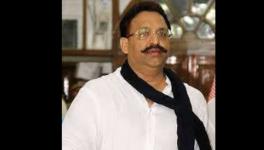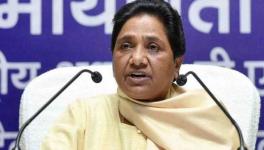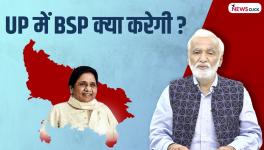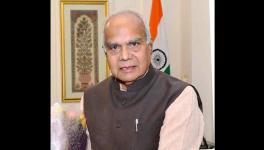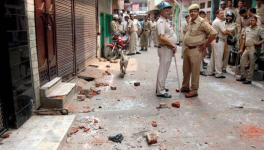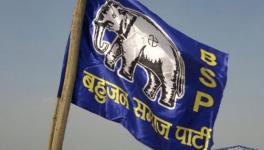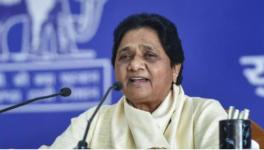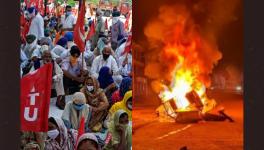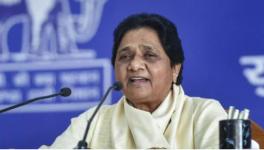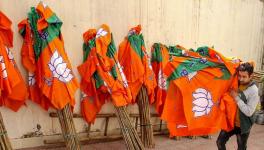Rise of new Christian Party in Punjab no Surprise
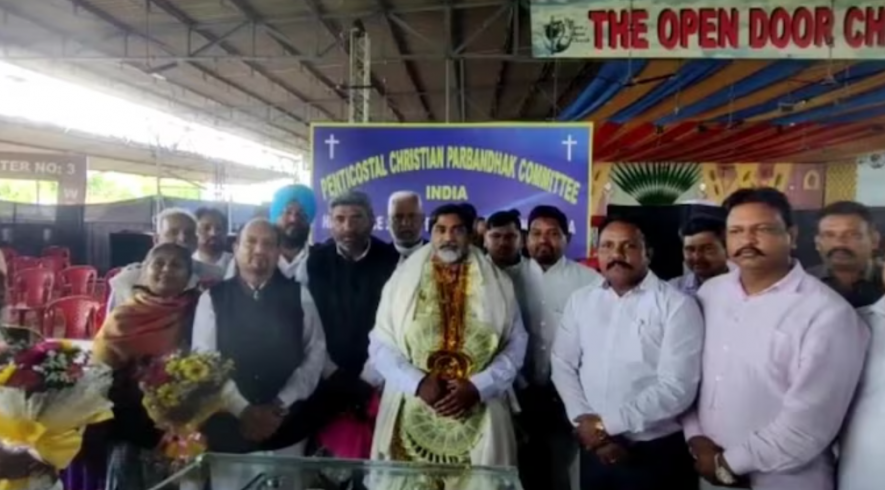
Image for representational purpose. Credit: India Today
On 3 April, a new party, the United Punjab Party, came into being in Punjab. Subsequently, it became clear that the Christian community had decided to enter electoral politics. It surprised everybody because Christians constitute a small minority, less than two per cent of the population in Punjab. Most Punjabis are unaware of the fact that Christians are divided along two lines, namely, the Roman Catholics and the Protestants. The Protestants are further divided into various denominations, such as American Baptists, Pentecostals, etc. Finally, it became clear that the Pentecostal churches had launched a new party.
Christians are primarily concentrated in a few cities of Punjab, but they have also made inroads into the villages after establishing their base. Despite this, their number is so tiny that forming a party hardly makes any political sense. However, analysing the religious environment in India as well as Punjab, it should not surprise anybody. The Hindus, Sikhs and Muslims have their own parties, although their fellow religious comrades do not wholeheartedly support these outfits.
It should not be forgotten that for the last four decades, starting with the demolition of the Babri Masjid, the mobilisation for the Hindutva agenda has progressively turned hegemonic in its striving to make India a theocratic state from a secular state. Being a Sikh-majority state, Punjab has an altogether different religious and political dispensation in light of which the formation of the United Punjab Party should be understood.
Christianity in Punjab is about two hundred years old, and interestingly, the first Gurmukhi printing press was established by the Christian Mission in Ludhiana in 1835. That was when Punjab was broadly divided into major political zones. The area between Delhi and the Satluj River was under the influence of the British Raj, whereas the area between the Satluj River and Afghanistan was under the rule of Maharaja Ranjit Singh.
In the early days, many upper-caste families converted to Christianity but later on, it remained confined to the lowest caste among the Dalits, whose occupation was scavenging. Known as the Bhangis, the members of this caste were divided into three religions before the coming of the Christian missions. The Hindus were known as Valmikis, Sikhs as Mazhabis and Muslims as Mussalis. When some of them converted to Christianity, they were called Masihs. The number of Bhangi Christians was so large that Christians and Bhangi became coterminous.
The conversion of a Dalit caste to any religion remained unnoticed for a long time owing to the mistreatment they had been receiving from the upper and dominant castes, due to which their conversion never mattered much to religious leaders. However, in the present scenario, when the religious identity has intensified due to the existing political dispensation in which a member of a religious community is a prospective voter, conversion has become a national issue. In most cases, it is conversion to Christianity which has been made a major concern in the country. Punjab was the first state in which the caste question had been camouflaged under the politics of religious identity. It only began to surface with the advent of Kanshi Ram and the Bahujan Samaj Party (BSP). Social scientists began to take serious note of castes in Punjab only in the 1990s.
When a discussion on Christians comes to the foreground, the caste question automatically emerges as the major social and political challenge. In Punjab, the Scheduled Castes, now generally called Dalits, constitute 32.8% of the total population, the largest proportion among all the States of India. If we ignore religious terminology, the Bhangis and the Chamars are the most numerous castes among the Dalits. Christian Dalits are not included in the list of the Scheduled Castes. However, caste divisions among the 37 Scheduled Castes are marked by exclusion and separation, both social and political.
Darshan Rattan Ravan appealed to the Valmiki Samaj to support Dr BR Ambedkar’s teachings. Politically, there is no united front among the Dalits, and, like all other castes, they are politically divided. One prominent example of this is the failure of the BSP in Punjab. Politically speaking, the United Punjab Party will not succeed in the future. The question, therefore, is why did a particular section of the Christians feel like organising a political party?
The conversion issue began to acquire prominence in India after 2014, and in virtually all cases, the voices of conversion through inducement began to circulate. It took some time to reach Punjab. In most reported cases, the issue was raised by a section of the Sikhs. It culminated in an incident of violence on 31 August 2022 when a group of Sikhs vandalised a church and burnt a pastor’s car. Since then, a silent campaign has been going on against conversion to Christianity. A few days back, on Good Friday, some Nihangs disrupted the procession near Pakharpura village in the Amritsar district. The Christian community organised a protest the following Saturday.
Such incidents have raised concerns among various churches, irrespective of their denomination. The Pentecostal Church has taken the initiative to organise a political party to emerge as a pressure group. To what extent various churches can come together to ensure safety is a question of time, although Catholic churches have decided not to join such a venture. By organising into a solid political influence, the Christian community may determine the fate of some candidates by their votes. The forthcoming Lok Sabha by-election in the Jalandhar constituency on 10 May could be one such case. Only time will tell.
The author was professor of sociology at Guru Nanak Dev University, Amritsar, and former president of the Indian Sociological Society. The views are personal.
Get the latest reports & analysis with people's perspective on Protests, movements & deep analytical videos, discussions of the current affairs in your Telegram app. Subscribe to NewsClick's Telegram channel & get Real-Time updates on stories, as they get published on our website.









